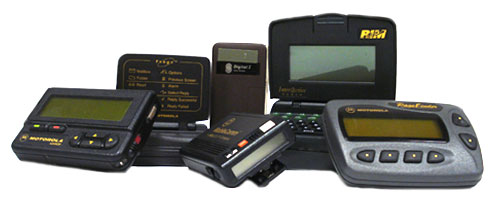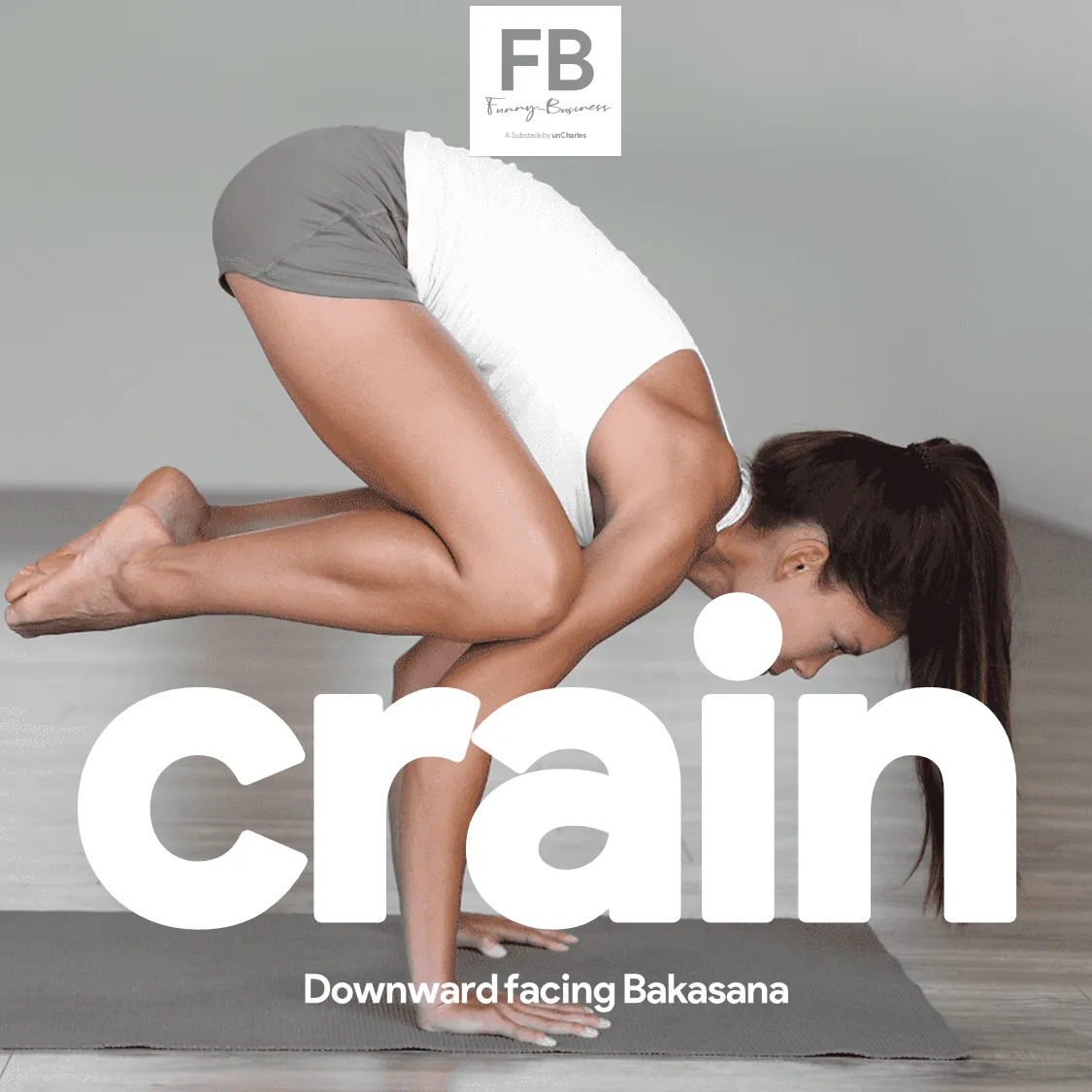I wonder how many of you have ever seen a pager. I assume that anyone under 30 would hardly recognize pagers for the innovation they were in its day. Even fewer would appreciate the significant investment major companies of all kinds made in pagers based on the assumption that the pager market had a long run ahead of it.
No one, not the large telecom nor the leading hardware companies, saw the disruption that was just around the corner. Nor did the retailers sense an imminent sea change because they dedicated a lot resources to capture the growing demand for pagers. In fact, because of significant investment made on the promise of the pager market, wide-area networking was a breakthrough allowing pagers to transmit over radio waves vast distances. With wide-area networking, paging use exploded, becoming popular among consumers. It also became the communications foundation of mobile networking today.
It seemed pagers would be the leading edge of a new, networked and connected world. It’s potential seemed limitless.
Then, in the early 2000’s “cellular” became affordable enough that soon thereafter, pagers would go extinct. The extinction event accelerated when cell phones became small enough with high function to not only replace pagers, but to change the very landscape of telecommunications for all time. When pagers first became popular in the early 1990s, many didn’t expect that they would be so short lived of only about a decade. The demise was so rapid because cell phones just worked better.
One can’t help consider the similarities between pagers and programmatic media.
Both became emblematic of an industry paradigm shift but both had real practical challenges that only grew with time.
Both seemed immune to imminent disruption because of the significant investment in the category.
Both contributed technological breakthroughs that changed an industry.
The parallels are so striking, one can be forgiven if one would project the future of programmatic based on the past history of pagers.
Like pagers before it, programmatic media ushered in a new paradigm that took advantage technology’s ability to predictably execute a specific set of functions in a specific way. In the case of programmatic, the data foundation of targeting cookies became the architecture of the digital media buying space. The upside is a high level of buying efficiency at scale using this consistent type of data.
The downside though became excruciatingly clear within years. Tracking people is unpopular. Plus, all contextuality was lost in the muscly impression pushing machine of programmatic buying with its cookie-centric tech stack.
Then the issues just kept getting exponentially worse as programmatic pushed a cookie-centric paradigm even though “serving” up people was never in Internet’s content serving DNA.
This misalignment between internet’s huge content serving capabilities and programmatic’s need to serve “people” at scale created a new host of issues.
First, contextual media buys were not possible even among the leading native platforms. Second, since the number of high quality pages was limited, the industry compensated by amping up the number of pages where impressions can be bought and sold. This spawned the rise of the zombie networks meant to merely harvest ad revenue and at the direct expense of quality and local publishers. These zombie sites are fraught with fraud, bots, transparency and brand unsafe content. Unhappily these sites dominated programmatic media buying.
It leaves one wondering whether, despite all the money and investment and technology in programmatic, is there is a better alternative just waiting to explode on the market? Would this alternative be able to break away from programmatic’s reliance on audience surveillance in favor of transparency and accountability? Does such an alternative exist?
If history is any teacher – the answer is yes. The only question is when. In the meantime, I suggest you hedge your programmatic bets otherwise you will be left with a lot of pagers in a cellular world.





